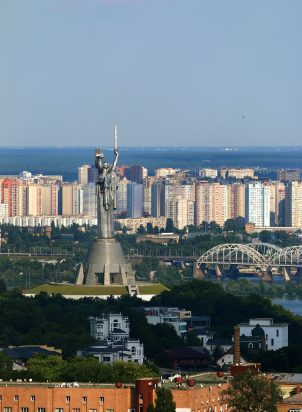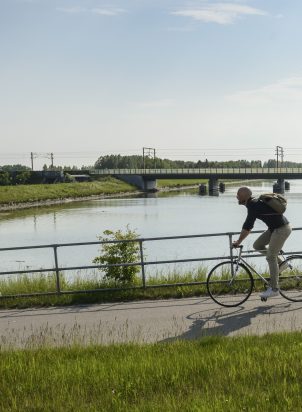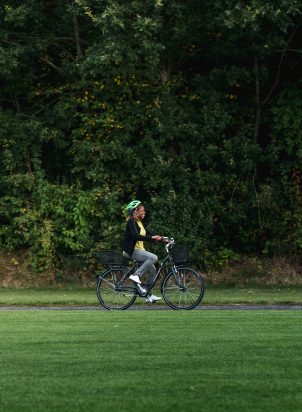Promoting green transition and building greener economies is currently high on the policy agenda in the Nordic countries. But how can we make it happen in practice?
To answer this question, Nordregio went directly to those working with green growth at the regional level. We asked them about the main challenges that impede green growth in Nordic regions, and sought their ideas about potential ways to overcome these challenges and drive the green transition forward. These responses were then combined with the findings from a national policy review to inform a detailed analysis of the state of play, practices and needs of Nordic regions with respect to promoting green growth. This policy brief presents the findings of this analysis along with recommendations designed to support regional policy makers in their work towards a greener economy.








